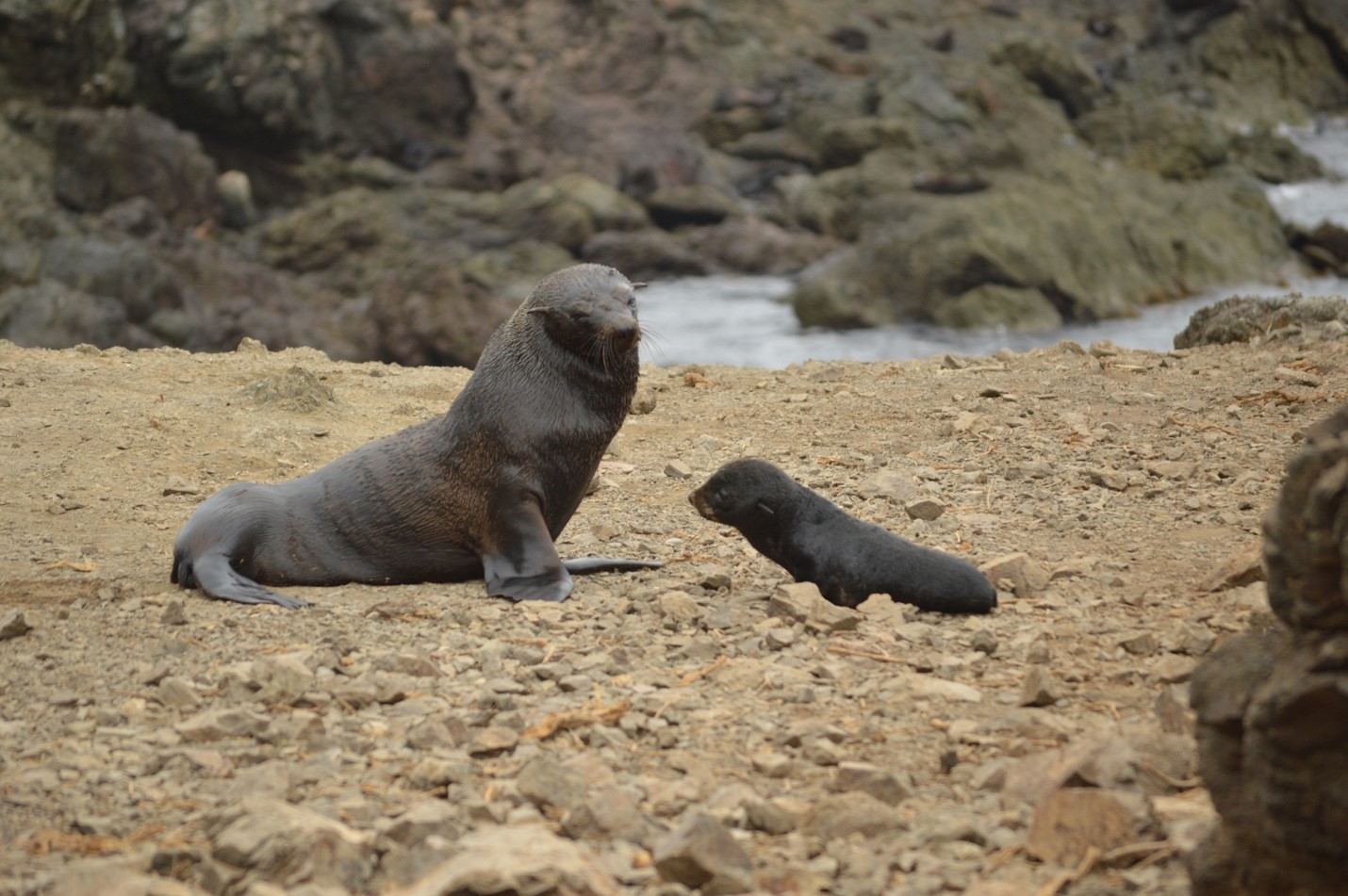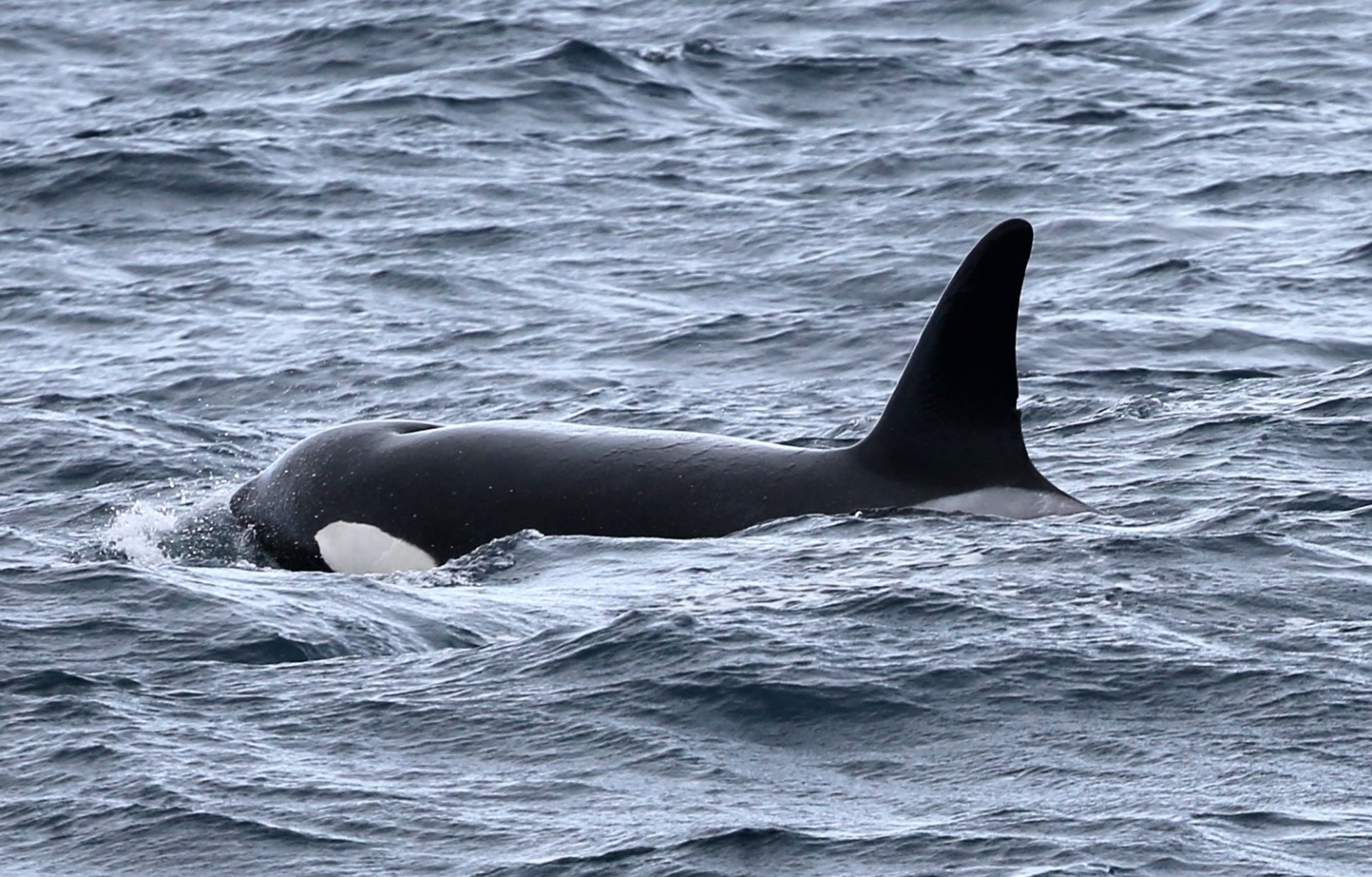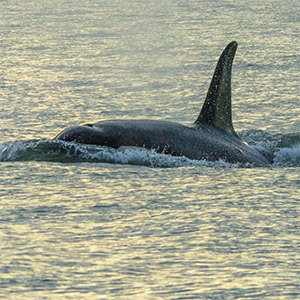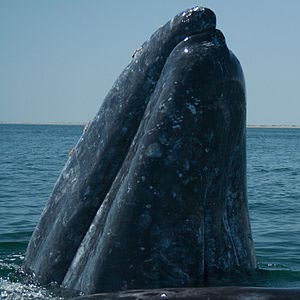 |
Professor
Institute for the Oceans and Fisheries
Department of Zoology
Director, Marine Mammal Research Unit
|
Contact Information
Email: a.trites@oceans.ubc.ca
Office phone: 604-822-8182
Location: Rm. 246, Aquatic Ecosystems Research Laboratory (AERL) Building, 2202 Main Mall, UBC
Website: Marine Mammal Research Unit; North Pacific Universities Marine Mammal Research Consortium
Research Unit
Marine Mammal Research Unit
Research Interests
Dr Trites oversees the Marine Mammal Research Unit and a research program that involves captive and field studies of seals, sea lions, whales and dolphins.
His research is primarily focussed on pinnipeds (Steller sea lions, northern fur seals, and harbor seals) and involves captive studies, field studies and simulation models that range from single species to whole ecosystems. His research spans the fields of ecology, nutrition, physiology, and animal behaviour—and is designed to further the conservation of marine mammals. It is also designed to further the conservation and understanding of marine mammals, and resolve conflicts between people and marine mammals. The research program includes researchers, students, technicians, and support staff. The training of students, and the collaboration between researchers specializing in other disciplines (such as nutrition, ecology, physiology and oceanography) is central to the success of his research program.
- biology of marine mammals
- population dynamics
- bioenergetics
- fisheries
- data analysis
Publications
Refereed publications
Related stories:
Dr. Andrew Trites has won UBC’s President’s Award for Public Education through Media.
Dr. Rashid Sumaila and Dr. Andrew Trites received King Charles III Commemoration Medals.
Breeding activity at the second breeding site in the San Benito archipelago inspired hope for the species' recovery, but researchers were shocked by the disturbing behaviour they observed from immature males, which may jeopardize this progress.
The West Indian manatees that inhabit South America is classified as "Endangered" by the IUCN due to threats like habitat loss, boat collisions, and climate change. Their survival depends on active conservation efforts to protect their habitats and reduce human impacts.
A new study has confirmed a long-held assumption: that orcas take just one breath between dives.
Researchers at UBC's Institute for the Oceans and Fisheries conducted the first study of humpback whale entanglements in B.C. aquaculture facilities.
UBC researchers believe a group of killer whales observed hunting marine mammals including sperm whales, as well as a sea turtle, in the open ocean off California and Oregon could be a new population.
Science is not just for scientists. Citizen science has been instrumental in helping us understand more about the elusive, but majestic, transient killer whales.
Killer whales are in the news for sinking boats off the coast of Spain.
Grey whales face many threats ranging from entanglements and ship strikes, to loss of habitat and reduced prey availability. Researchers are collecting data this summer needed to quantify and mitigate these threats.










